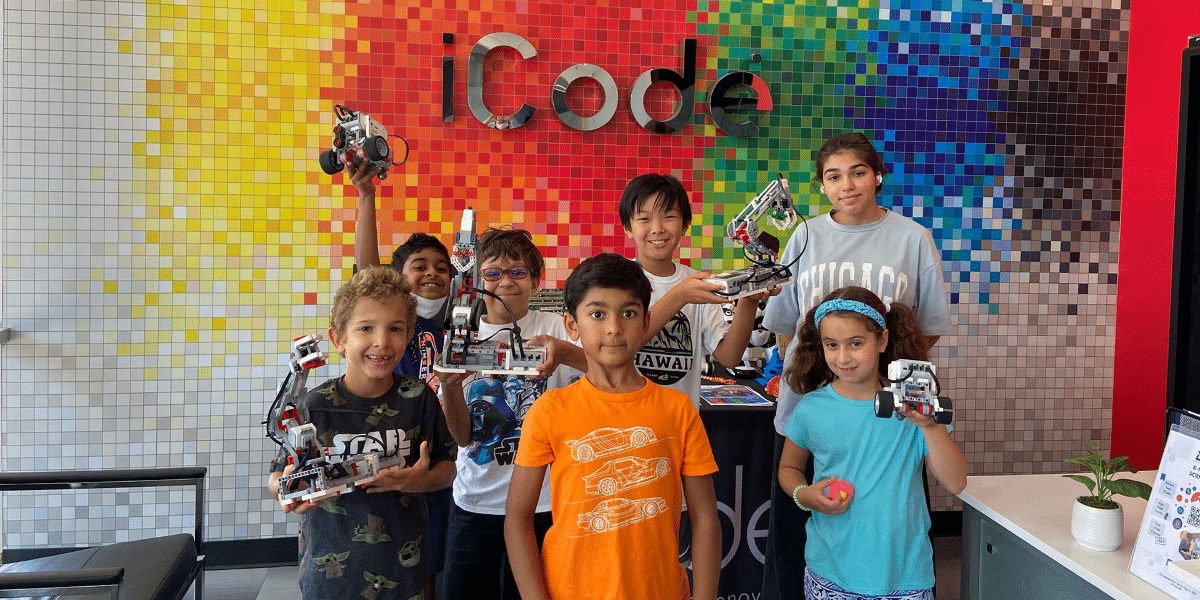By: Ethan Larson
In the fast-paced realm of software development, the journey from novice to senior developer is a transformation of skills, mindset, and adaptability. For those navigating this path, experience is not just a list of years worked, but more a collection of hard-won lessons. The evolution of technology ensures that stagnation is not an option; continuous learning is not a luxury but a necessity.
Joseph Heimann touches upon his career journey, exploring the insights gained, hurdles overcome, and wisdom accumulated along the path to becoming a Senior Software Developer. From the early days of debugging to the leadership challenges of guiding teams, each stage of this journey offers profound lessons.
Embracing Continuous Learning
Embracing continuous learning in software development is a necessity for growth and relevance. Senior software developers understand that staying updated with emerging technologies and industry trends is paramount. Whether it’s diving into the latest frameworks, exploring advancements in artificial intelligence, or understanding the nuances of cloud computing, the learning journey is ongoing.
Online courses, workshops, and self-study play pivotal roles in this pursuit of knowledge. These resources offer not only structured learning paths but also the flexibility to delve into specific areas of interest. From platforms like Coursera to community-driven initiatives like open-source projects, the avenues for skill enhancement are diverse.
Equally important is the willingness to learn from mistakes. Senior developers recognize that failures are not setbacks but opportunities for growth. Seeking feedback from peers, mentors, and code reviews becomes a valuable practice, fostering a culture of continuous improvement. This proactive approach to personal development ensures that each hurdle becomes a stepping stone, propelling the developer towards mastery in their craft.
Mastering Technical Skills
The journey from a junior to a senior software developer involves a profound evolution of technical skills. At the outset, developers focus on mastering the fundamentals of programming languages and basic frameworks. As they progress, the emphasis shifts towards deepening expertise in specific areas. Senior developers often become proficient in multiple programming languages, honing their craft in frameworks and tools relevant to their specialization.
“The value of specialization is huge in a software developer’s professional path,” says Joseph Heimann. “Senior developers find that by becoming experts in a particular domain or technology stack, they can deliver higher quality solutions efficiently.”
This expertise allows for not only faster problem-solving but also the ability to mentor junior developers, fostering a cycle of knowledge sharing within teams. Crucially, senior developers maintain a sense of curiosity and openness to experimentation.
Technology evolves rapidly, and staying stagnant is not an option. By exploring new languages, frameworks, and tools, developers not only broaden their skill sets but also stay ahead of industry trends. This willingness to embrace the unknown often leads to innovative solutions and keeps their passion for coding alive and thriving.
Navigating Leadership and Team Dynamics
The transition from an individual contributor to a leadership role marks a pivotal point in the journey of a senior software developer. Beyond technical prowess, effective leadership demands a whole new set of skills centered around communication, mentorship, and team collaboration.
Communication is a cornerstone of success as senior developers take on leadership roles. Clear, concise communication ensures that project goals are understood by all team members, preventing misunderstandings, and streamlining workflows. Adept communication fosters a sense of camaraderie among team members, leading to a more cohesive and productive work environment.
Mentorship emerges as a crucial responsibility for senior developers-turned-leaders. Guiding junior team members not only helps in their skill development but also contributes to the growth of the team as a whole. Sharing experiences, providing constructive feedback, and acting as a role model are hallmarks of effective mentorship.
However, leadership is not without its challenges. Senior developers often find themselves navigating complex team dynamics, from resolving conflicts to managing diverse personalities.
Notes Heimann, “Fostering a positive work culture becomes paramount, where every team member feels valued and motivated.”
Through empathy, understanding, and a focus on collaboration, senior software developers in leadership roles pave the way for both individual and team success.

Balancing Innovation and Practicality
Senior software developers hold a unique position in projects and teams, often serving as catalysts for innovation. Their experience and deep technical knowledge allow them to propose and implement groundbreaking ideas that push boundaries. Striking a balance between innovation and practicality is key to success.
Innovation drives progress in software development, and senior developers play a pivotal role in championing new approaches and technologies. They are at the forefront of exploring novel solutions to complex problems, challenging traditional norms, and driving the evolution of software products.
Amidst the quest for innovation, practicality must not be overlooked. Senior developers understand the importance of delivering solutions that not only push the envelope but also meet project requirements and deadlines. Strategies such as prototyping, iterative development, and risk assessment help in gauging the feasibility of innovative ideas within the project’s scope.
“Understanding the company’s goals and market demands allows them to make informed choices about which innovations to pursue,” says Heimann.
This alignment ensures that innovative solutions not only advance technology but also contribute directly to the organization’s success.
By navigating the delicate balance between innovation and practicality, senior developers steer projects toward success, creating a harmonious blend of cutting-edge technology and tangible results.
The Future of Software Developers in the Tech Space
The journey of a senior software developer is a testament to the evolution of skills, mindset, and leadership capabilities. Throughout this exploration, we’ve uncovered crucial lessons that define the path to seniority in the dynamic world of software development.
Looking to the future, aspiring developers are encouraged to embrace these lessons. Embrace challenges as opportunities for growth, stay curious about emerging technologies, and persistently pursue advancement in their careers. The landscape of software development is ever-changing, and it is those who continuously learn, master their craft, lead with empathy, and innovate wisely that will shape the future of this dynamic field.
Published by: Martin De Juan












